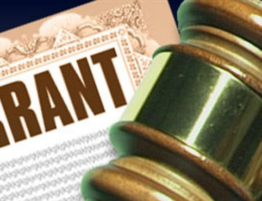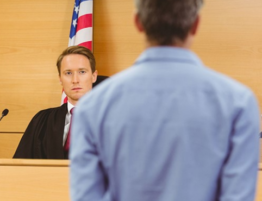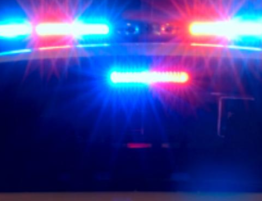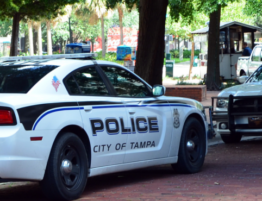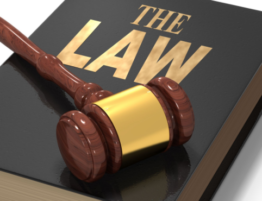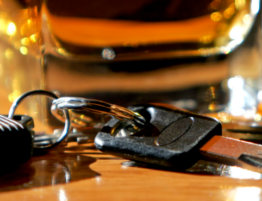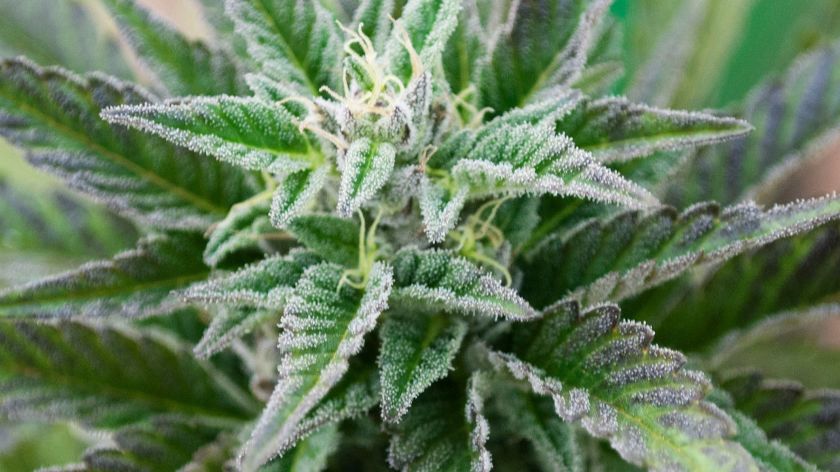
Florida Marijuana Prosecutions Going “Up in Smoke?”
The Love Machine, a rusted out and spray-painted 1964 Impala Super Sport, barrels down the highway with smoke billowing from the tops of the rolled-up windows. Cut to the interior, and a haze of smoke at first obscures the shot, slowly dissipating to reveal our two heroes smoking a huge joint. The driver, hands on the wheel, asks the passenger, “Hey, man, am I driving okay?” The passenger looks around for a few seconds and replies, “Man, I think we’re parked.”
This scene, from the 1978 cinematic triumph that is “Cheech and Chong’s Up in Smoke,” ends, unsurprisingly, with the eponymous characters under arrest. In Florida, if a patrol officer had walked by and smelled the smoke from the car, he would also have had probable cause to arrest Tommy and Cheech as well as searching their vehicle for any other items of contraband, and knowing those two, there was probably something more serious in the Love Machine waiting to be found.
Officers are given the power to search a car based on the smell of marijuana alone, see State v. Bennet. This is true because officers are, based on their training and experience, presumed to be able to recognize the smell of marijuana or cannabis. Since cannabis is illegal in Florida, if an officer can smell marijuana coming from a car, then he knows that there is something illegal in the car, right?
Wrong.
Enter CBD.
Cannabidiol, or CBD, has been legal in Florida since July 1, 2019. It was illegal in all forms in this state prior to that date, regardless of what you’ve read on the internet or the fact that your local Qwik-E-Mart sold it from behind the counter. As of July 1st, cannabis or CBD products and extracts containing less than 0.3 of tetrahydrocannabinol (THC) may be sold as hemp under section 581.217, Florida Statutes.
So how does this affect Florida citizens? Well, the problem for the police is that hemp, or CBD, looks and smells EXACTLY like marijuana. The smoke smells like marijuana smoke. Now, when the police pull over a car, smoke wafting from the windows, and smell cannabis, it no longer necessarily means that they know something illegal has been going on.
We at de la Grana/Boardman have obtained internal memoranda from five State Attorney’s Offices covering Indian River, Martin, Okeechobee, St. Lucie, Franklin, Gadsden, Jefferson, Leon, Liberty, Wakulla, Orange, Osceola, Palm Beach Counties, and Hillsborough Counties. You can read these memos here:
Here is an article explaining the decision by the State Attorney in Palm Beach County.
It appears there are currently no labs in Florida, either public or private, licensed by the DEA to possess controlled substances, that can test to distinguish between marijuana and CBD. There doesn’t currently seem to be any way to prove a substance is marijuana and no way to justify a traffic stop, detention, or arrest based on an officer’s belief a substance is marijuana based on smell alone. This means other items discovered during a search of a car based on “plain smell” would likely be obtained due to an unconstitutional search, and a court could suppress them. The 2nd and 9th Circuit State Attorneys have said they will not be prosecuting ANY marijuana cases arising after July 1st, 2019.
At least in Hillsborough County, we have recently been successful in having cases DISMISSED where drugs were found after a “smell search,” even where the drugs discovered were not marijuana, but instead a much more serious substance. In one instance, yet our client’s violation of probation (VOP) was also dismissed based on a “smell search.”
This area of the law is still developing. It’s hard to predict the future. Still, the memoranda we have obtained indicates that officers will need more than smell to search a car, this could include “furtive movements,” signs of intoxication, or, most likely, an admission that you’ve been smoking marijuana. If a police officer asks you if what he or she smells is marijuana, remember, you have a right not to incriminate yourself and remain silent.
If you’ve been arrested after July 1, 2019, for a marijuana-related offense or any other offense where your car, house, or person was searched because an officer saw or smelled marijuana, you need to call a lawyer.

